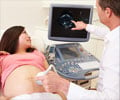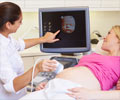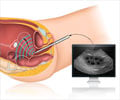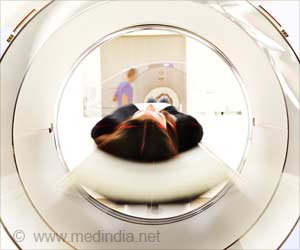Research finds Pocket-sized ultrasound device (PUD) use assists physicians in making more accurate diagnoses. PUDs offer a comparable performance to ultrasonography.
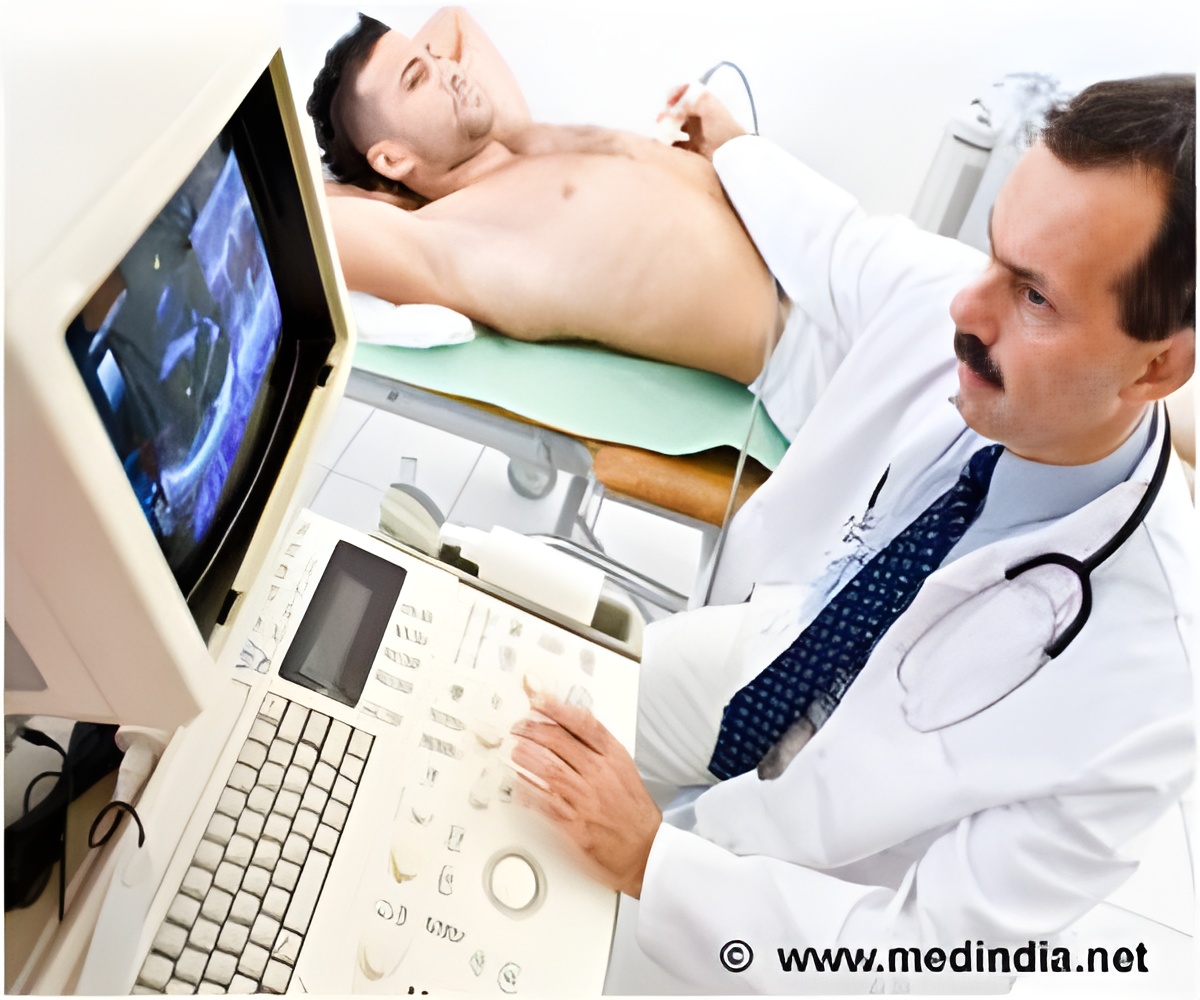
PUDs offer a comparable performance to standard ultrasonography, however the accuracy of a physical examination is often poor meaning that further tests are required. This study assessed whether adding the use of PUD to physical examination could lead to a reduction in the rate of additional tests.
Of the 1,962 patients included in the study:
726 (37%) were inpatients, 510 (26%) were hepatology outpatients and 726 (37%) were recruited from GPs
Gallstones (37%), ascites - excessive accumulation of fluid in the abdominal cavity (17%), pleural effusion (13%), urinary stones (13%) and urinary retention (12%) accounted for more than 90% of the clinical questions, confirmed by PUD in 66% of cases
The overall frequency of further tests needed after PUD was 37%
Advertisement
Source-Eurekalert






